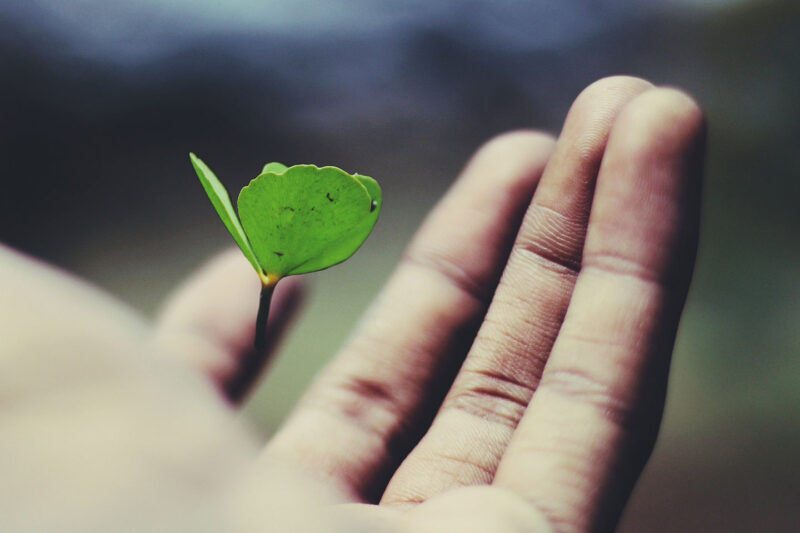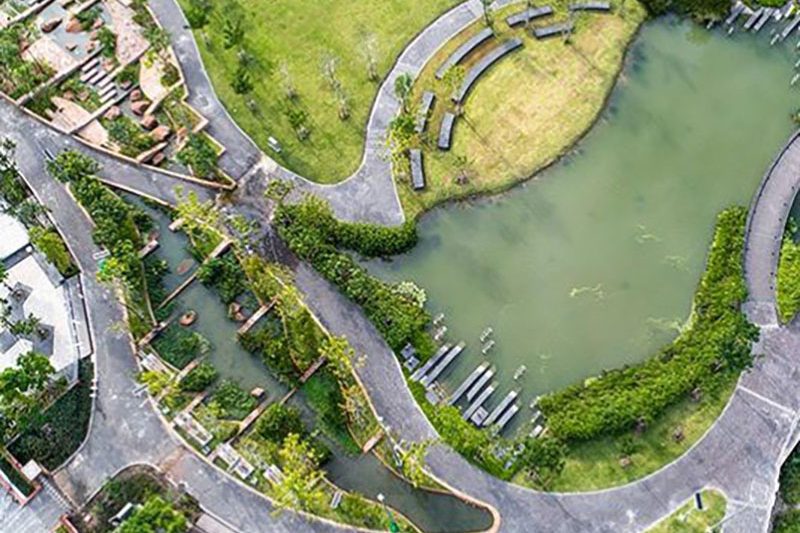Pollution is a challenge we all need to face, and Chula does its part
As they choke on fine dust particles and smog, many Bangkok residents may recall Nakharin Kingsak’s song, Allergic to Bangkok, and dream of escaping to somewhere where they can breathe clean, fresh air. Some might even be fleeing the capital on their doctor’s advice.
Unfortunately, most of us are stuck in the city for work or school, so the best we can do is wear N95 face masks to protect ourselves.
With its campus located in the middle of downtown Bangkok where traffic congestion is a daily nightmare, the people of Chulalongkorn University have little choice but to deal with filthy air, which gets worse on days when the air is stale and the wind weakens — a condition that resembles being detained in a windowless room.
To cope with excessive PM2.5 particulate matter in the atmosphere, all units of the university have taken several steps. One involved installing monitoring devices on the campus and surrounding areas such as the 100th Anniversary Chula Park, Park at Siam, Siam One Building, Siamkitt Building, Chula Demonstration School and the Faculty of Engineering.
All the monitoring devices are interconnected so that their readings can be collectively assessed to provide accurate readings of the average air quality on daily and hourly basis. The results are posted on the university’s website, http://www.bems.chula.ac.th/web/pm2.5/#/ to give students, faculty and staff accurate air quality situation so that they can prepare accordingly.
The same information is available to the public via the university’s social media channels in different formats, including news alerts, infographics and commentaries.
Another step involves suspending classes so that those in high-risk groups such as children, the elderly, pregnant women and people afflicted with respiratory diseases or heart problems can take leave.
Distribution of N95 face masks to students and staff members by the university’s health centers such as the Center of Safety Health and Environment of Chulalongkorn Unversity (SHECU) is yet another solution. As well, the university has considered the launch of a project to provide health checks and health advisories to those affected by PM2.5 dust particles.
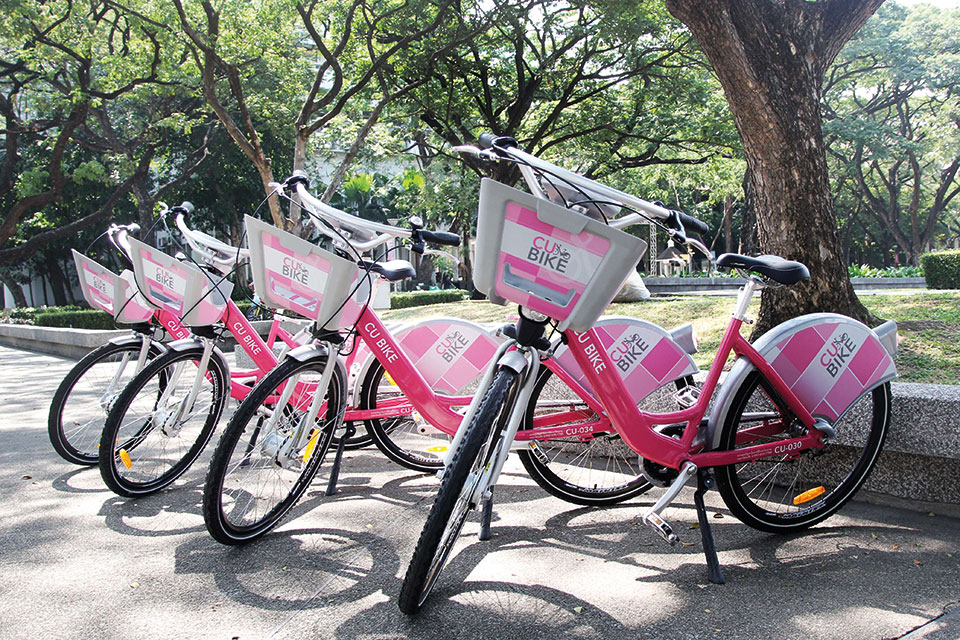
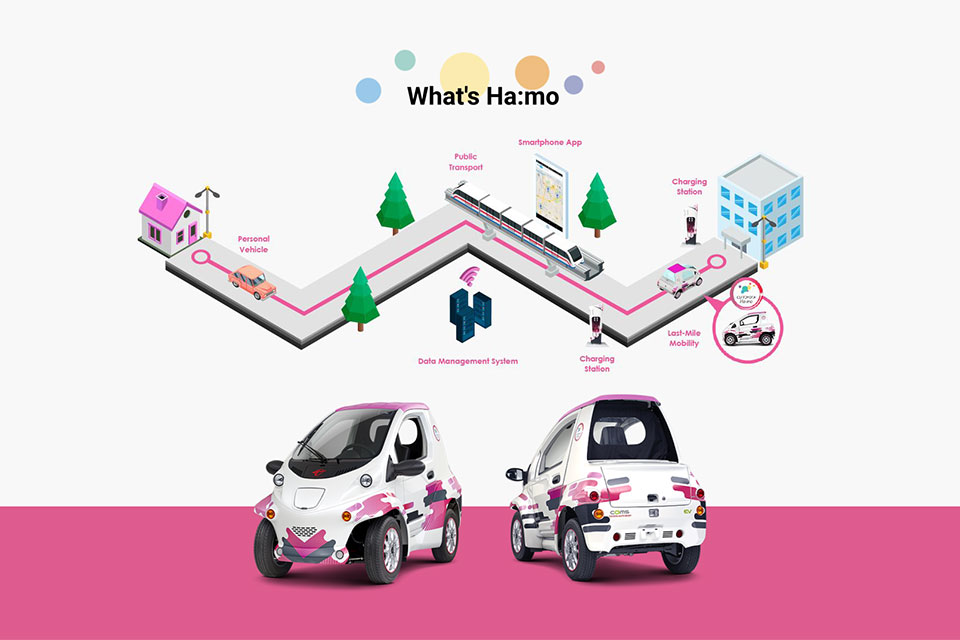
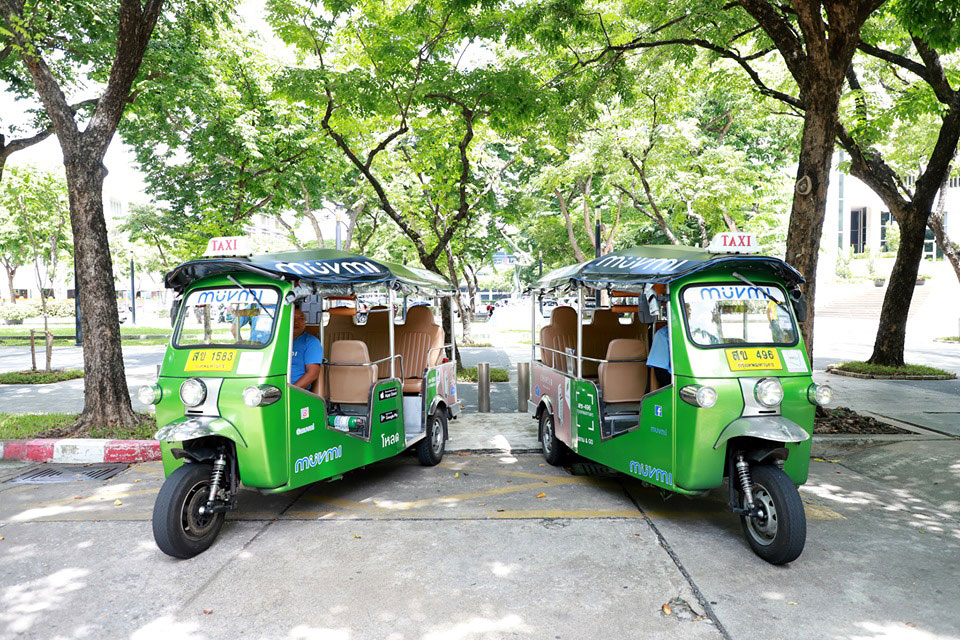
However, the best defence is to tackle the problem at its root causes. Since every one of us can help ease the problem, we should change some of our habits, such as using clean-energy public transport provided by the university instead of private cars. These transport choices include the Chula Pop Bus shuttle service and the MuvMi shuttle tuk tuk, each of which has its own mobile app; CU bike sharing, and ride-sharing using Ha:mo electric cars.
Car owners, meanwhile, must regularly check their car engines to make sure they don’t produce white or black emissions, and switch off their engines when they’re not driving.
Planting more trees, especially trees that absorb air pollutants, on campus is another proposal made by the university, along with car pooling. Last but not least, health information on high-risk groups among students and staff members should be collected in advance for effective management.
Anyone with proposals or suggestions to help us all breathe easier at Chulalongkorn University and in Bangkok is welcome to send a message to the CUAround Facebook page.
This article was originally published in CU Around, March 2019, Vol.62, Issue 03, Page 5, available at https://www.chula.ac.th/magazine/17395/
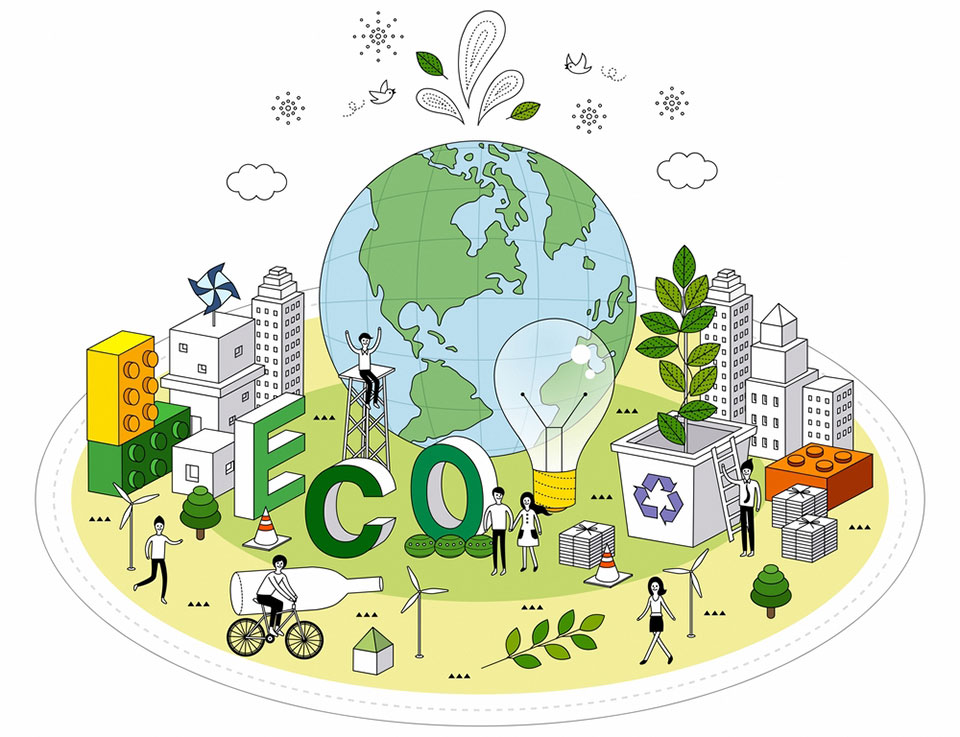
Others
Commencement Ceremony and Gender Identity
Transgender Dentistry Graduate Overjoyed – “Mister’” Wasn’t Pronounced at Commencement Ceremony


